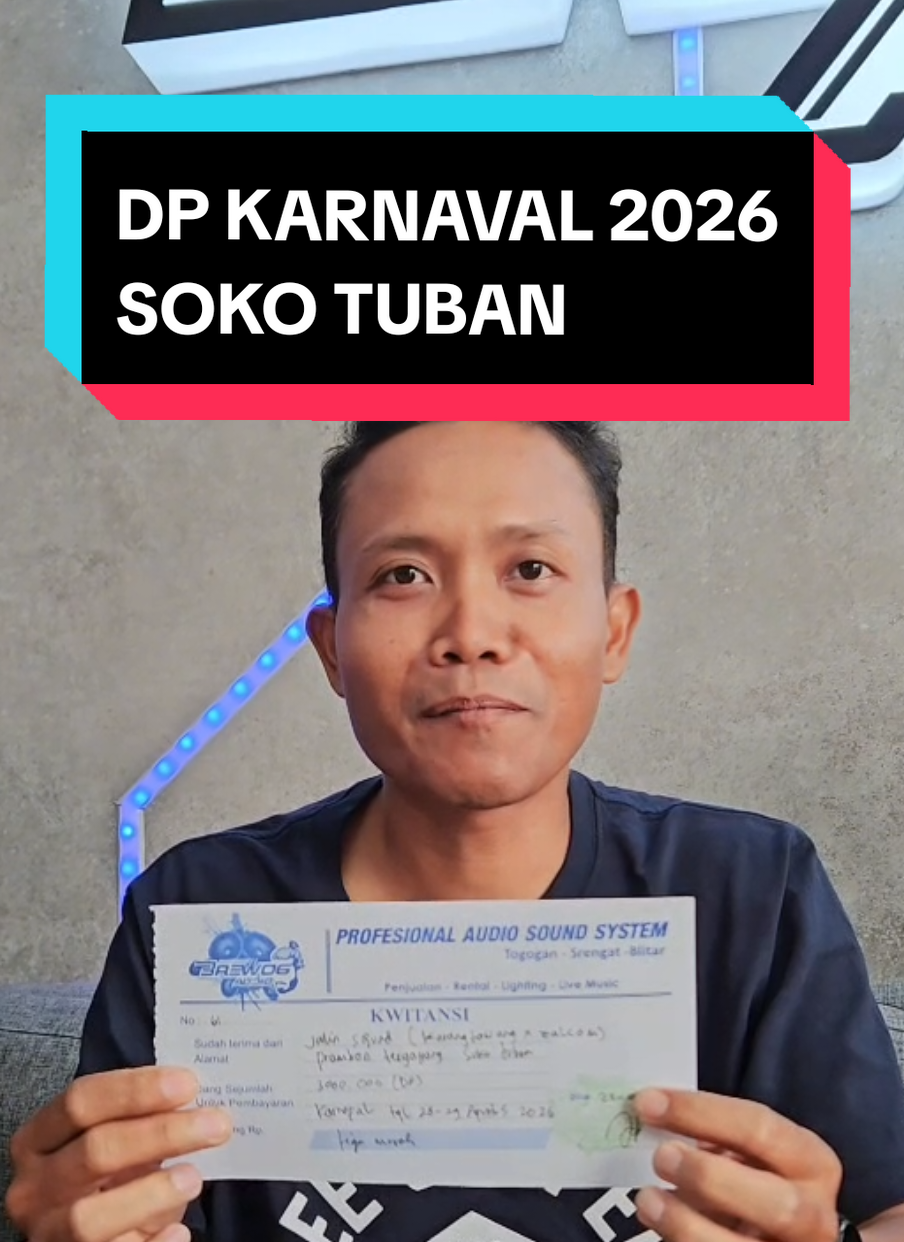darrahi mohamed
Region: DZ
Monday 22 September 2025 22:14:43 GMT
5103
358
7
12
Music
Download
Comments
#šįđĄĺį# :
Wah lhmar wah🥰❤
2025-09-23 07:57:59
1
khalad :
🥰🥰🥰
2025-09-24 21:01:46
1
Samir baba :
🤩🤩🤩
2025-09-23 20:07:14
1
P.p.o.j696969969696 :
🥰🥰🥰
2025-09-23 03:15:09
1
سبوك ملانو :
🥰🥰🥰
2025-09-23 01:38:00
1
s 🤑🤑s :
❤❤❤
2025-09-23 00:05:26
1
Imade raki :
🥰🥰🥰🥰
2025-10-12 22:17:33
0
Mohamed :
🥰🥰🥰
2025-10-07 20:31:43
0
To see more videos from user @mohameddarahi, please go to the Tikwm
homepage.





